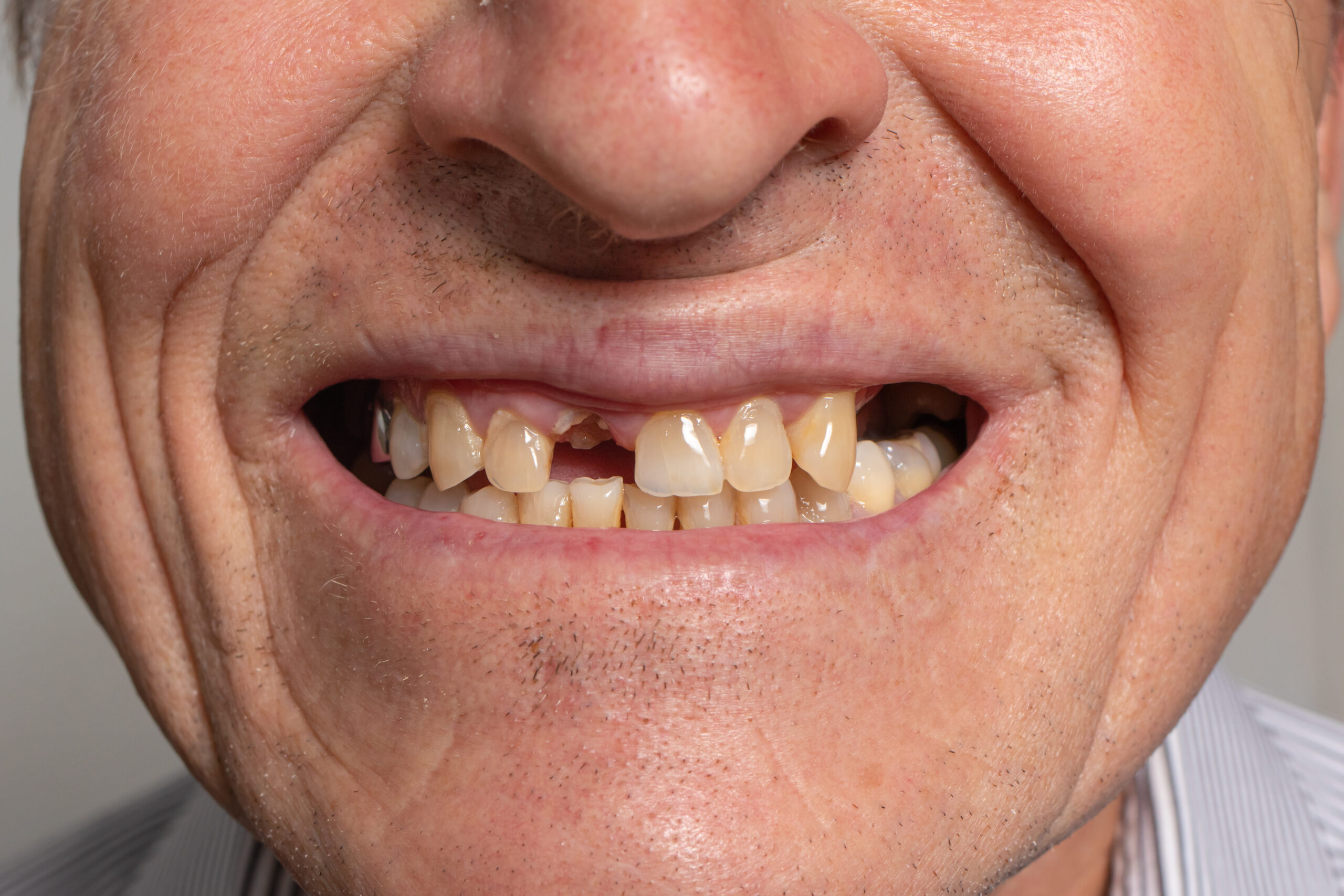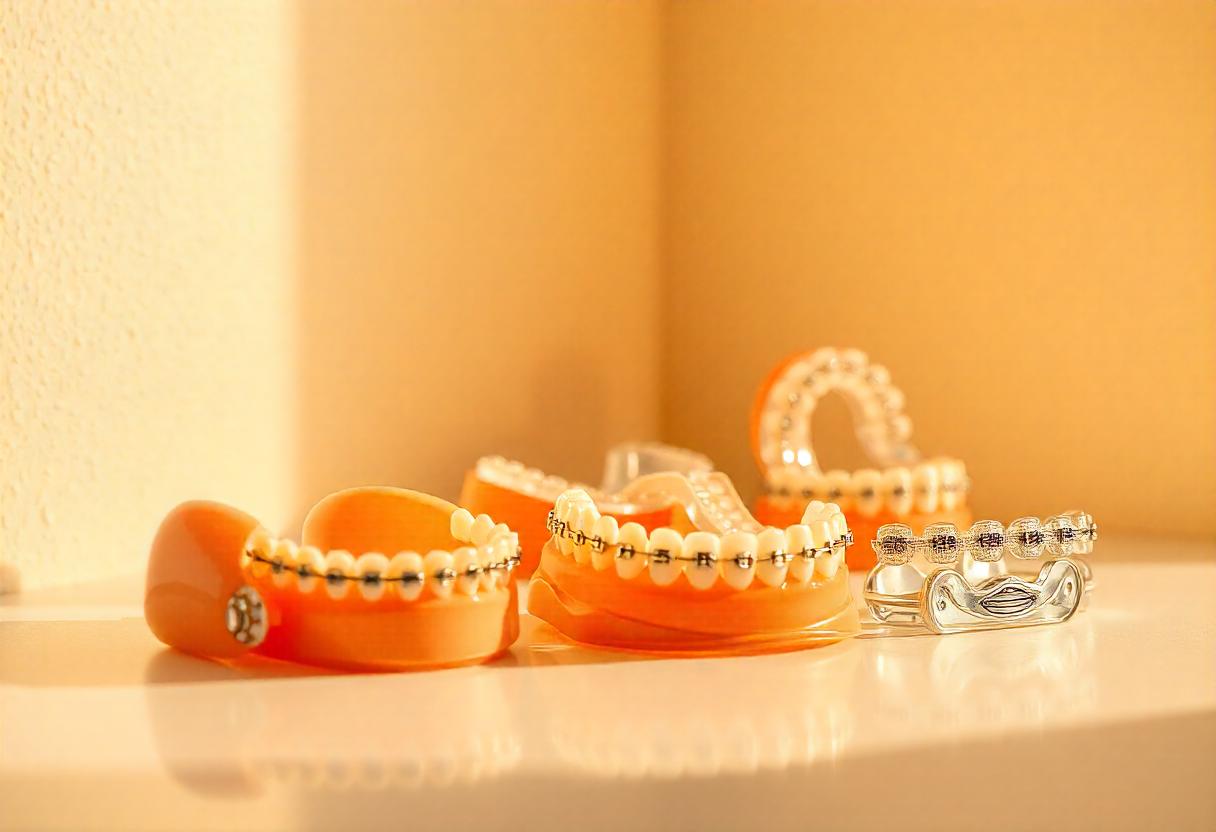Cosmetic bonding, also known as composite or dental bonding, is a technique used to correct imperfections in the teeth using a material called composite resin. The procedure is highly popular because it is generally quick, minimally invasive, and can treat a broad range of problems.
What is Composite Resin?
Composite resin, also sometimes referred to as dental composite is a type of synthetic resin that is used in dentistry both as an adhesive and a restorative material. It is made from a mixture of acrylic resin and powdered particles that are similar to glass. The resulting product is durable, hard wearing, and mimics the natural appearance of a tooth.
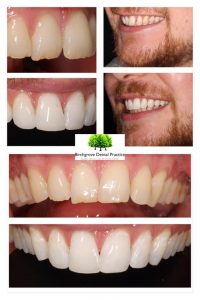

What sort of Problems can Cosmetic Bonding Treat?
Cosmetic bonding can be used in a number of ways:
Dental Fillings
Cavities are caused by tooth decay, to stop a cavity from expanding, and tooth decay from spreading a dental filling is necessary. To do this, the dentist cleans out the area of decay within the tooth and puts in a filling to cover the area. By using composite resin, the dentist can match the colour of the filling to the patient’s teeth, resulting in fillings that are invisible and allowing the patient to be able to laugh and smile with confidence without the worry of showing fillings.
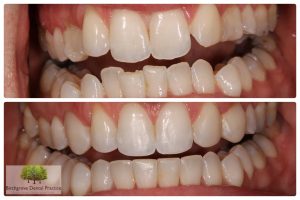

Chipped or Worn Teeth
Chipped or worn teeth can have their appearance vastly improved with cosmetic bonding. The putty-like texture of composite resin allows it to be manipulated and sculpted by the dentist to build up worn surfaces or rebuild chipped teeth, improving the symmetry of the smile. Because the composite resin can be perfectly matched to the colour of the patient’s teeth, the result is natural and undetectable.
Gaps Between the Teeth
By adding composite resin to the tooth, tooth gaps can be reduced or removed, the pliable nature of the composite resin allows the dentist to manipulate it with a high level of accuracy, creating the exact look that the patient wishes to achieve.
Teeth Whitening
A perfectly white smile can be achieved by bonding a thin layer of composite resin to the surface of the teeth, the resin can also be mixed to the exact shade required to give an aesthetically pleasing, natural look.
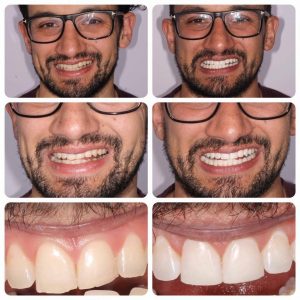

What is the difference between Cosmetic Bonding and Veneers?
Although cosmetic bonding and veneers are both used to achieve similar results, there are some notable differences between the two procedures.
The Material Used
A veneer is made from a piece of porcelain that is bonded on to the front of the tooth, whereas cosmetic bonding utilises composite resin.
The Procedure
Having veneers fitted can take a number of appointments, and most veneers are custom made in a dental lab by a specialist technician. Cosmetic bonding can usually be performed in one visit to the dental surgery as the resin is sculpted directly onto the tooth rather than having to be made off-site. Minimal preparation work is required for cosmetic bonding, and it does not usually require the use of any anaesthetic as the teeth only need to be lightly prepared before application of the composite resin.
The Price
Porcelain veneers can be up to twice the price of cosmetic bonding.
What Happens During Treatment?
After your mouth and teeth have been thoroughly checked to make sure that they are healthy and that the treatment is appropriate for you, the treatment will begin with the removal of a small layer of surface enamel. A bonding agent is then applied to your teeth, and the dentist will proceed to apply composite resin and then sculpt it to achieve the desired effect. The resin will be cured (set to a hard finish) with the use of a special light, and then your teeth will be polished to achieve a smooth, natural looking finish.
Aftercare
Today’s tough dental composite material does not require any special treatment to maintain it but don’t forget to maintain a good dental hygiene routine to keep your teeth and mouth healthy. Experts recommend brushing at least twice a day with a fluoride toothpaste for three minutes, flossing between teeth at least once a day, and using mouthwash. If your cosmetic bonding was to correct tooth discolouration, then keep your new white smile by avoiding the known tooth staining culprits such as tea, coffee and red wine as they could also stain the composite resin material.
Feeling confident with your teeth and smile can make a massive difference to your social interactions. When you feel good, it is easier to have fun, smile, laugh, and talk to people you don’t know. Whether you are going on a first date, have a family or work event to attend or an important meeting in the boardroom, a healthy and bright smile can give you the extra confidence to deal with these situations.



